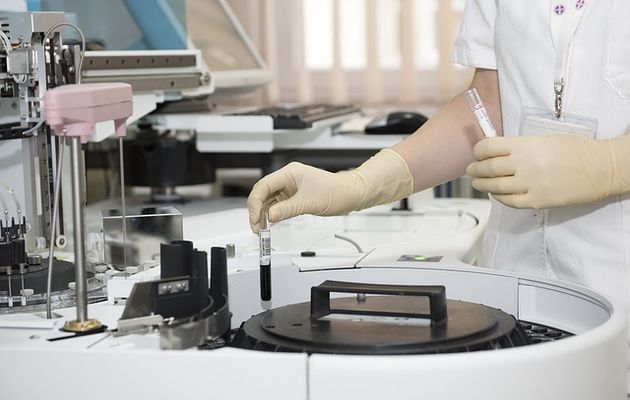Sexually transmitted diseases on the rise due to change in sexual behaviours
Around 80% of sexually active people will get a STD. The average age of the patients has decreased.
El Periódico · BARCELONA · 04 OCTOBER 2018 · 17:19 CET

The change of habits in sexual behavior, with fewer monogamous relationships, and an earlier age to start sexual intercourse (around 14), has opened many more doors to the possibility of venereal infections.
Around 80% of sexually active people will get a sexually transmitted disease (STD) throughout their lives, although in most cases (more than 80%) the virus will not manifest and disappear by itself.
BIG INCREASE OS STD CASES
“1% of infected people will develop genital warts, from the human papilloma virus (HPV), which have a cure. Between 15 and 20% of the STD cases can evolve into pathologyes, when the virus persists”, says the andrologist Álvaro Vives, head of the STD Unit of the Fundació Puigvert and head of the Woman Health at the Dexeus University Hospital in Barcelona, Spain.
Vives recalls that “twenty years ago we saw one or two cases a year of gonorrhea or syphilis, two of the most common STD”, and now “we can see 12 or 13 every day”.
The official figures confirm the increase in infections. According to the Public Health Agency of Catalonia, in 2016 1,447 cases of syphilis were reported (90% of them contracted by men), which means a rate of 20.3 cases per 100,000 inhabitants, while in 2007 there were 3,2.
More than 40% of the patients infected with syphilis were under 25 years of age and a case of a child under 15 was also registered.
Additionally, there were 2,704 cases of gonorrhea (84% in men) in 2016, that is 38 out of every 100,000 inhabitants, while in 2007 they were 5.3.
WOMEN STD
“Of all the most common STDs, the only one that occurs more in women than in men is chlamydia”, says Maria Jesús Barberà, doctor and coordinator of the STD Drassanes-Vall d'Hebron Unit, also in Barcelona.
In 2016, 3,931 cases of chlamydia were reported, 55 per 100,000 inhabitants (while in 2011 they were 9.5), 61% of whom were women and the average age was 28. Around one fourth were younger than 25 years old, and one fifth, younger than 15.
THE IMPORTANCE OF EARLY SCREENING
The registration of STD cases has increased due to “more and more sensitive diagnostic methods, such as molecular biology techniques, and the application of screening policies”, doctor Vives explains.
The symptoms of these diseases can take between one and three weeks to appear. In the case of HIV, the onset of symptoms due to immunosuppression can take years.
This is why the screening of the population at risk is very important, to detect carriers without symptoms. Approximately half of sexually transmitted diseases are asymptomatic.
The population at risk are “sexually active people without a stable partner and who do not use condom protection in their relationships", Barberà explains.
“If they have a history of previous venereal infections, that is also a risk marker”, she adds.
Doctor Vives warns that “these diseases, always affect a minimum of two people, so it is advisable to treat the patient and all their partners”.
Published in: Evangelical Focus - science - Sexually transmitted diseases on the rise due to change in sexual behaviours
